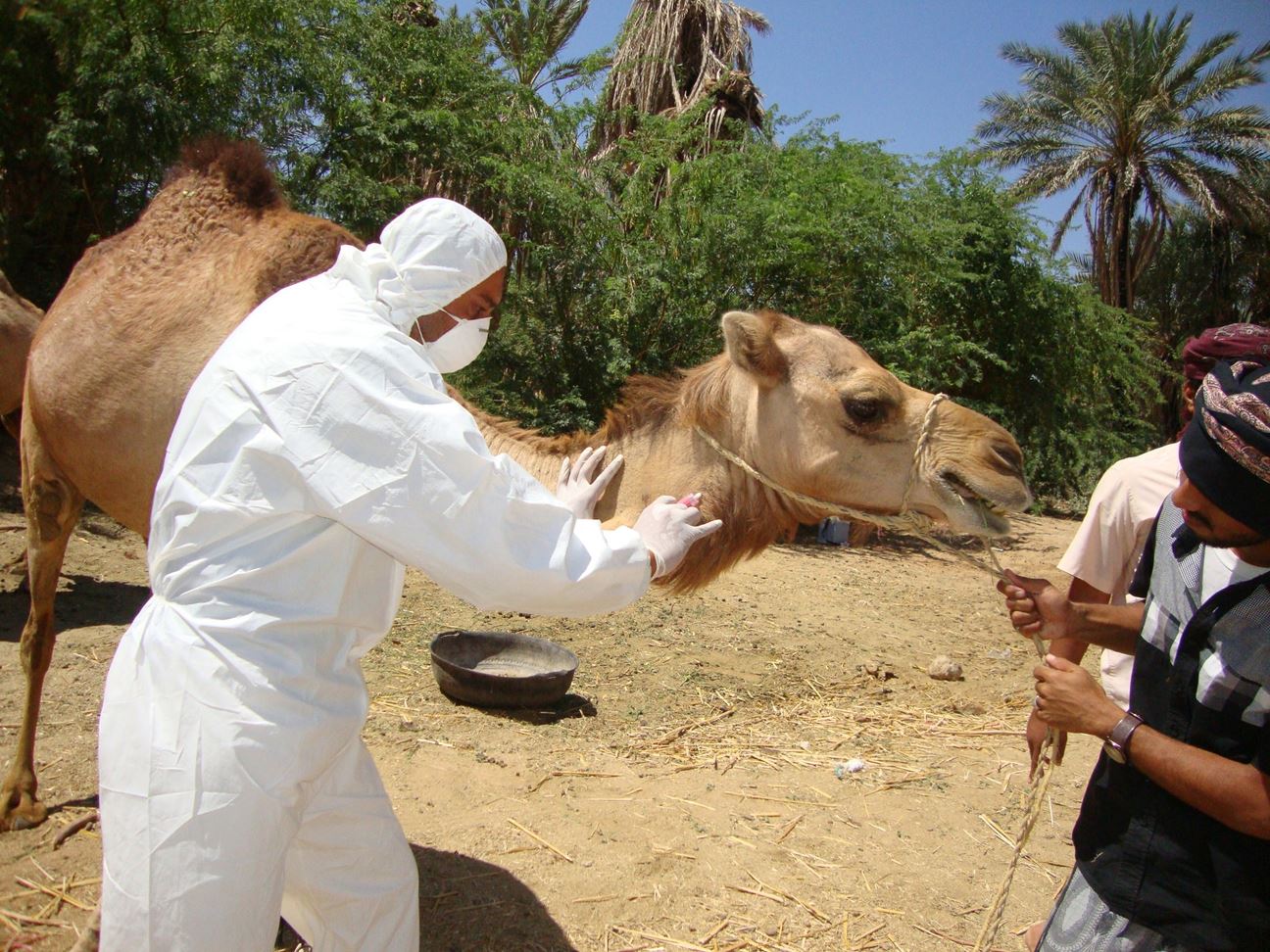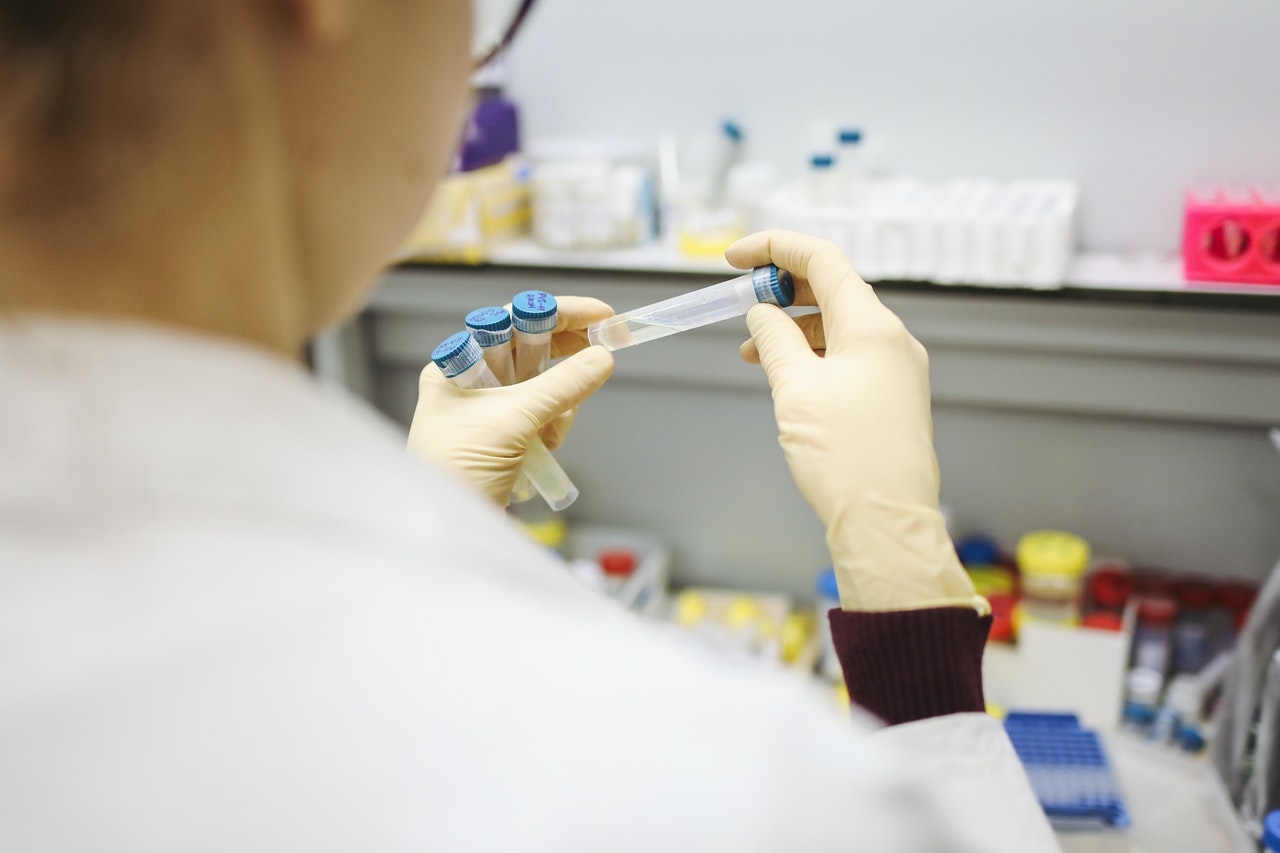Animal vaccines help stimulate an immune response, thus preventing the diseases in animals . And it is one sure way to ensure that the animal lives a healthy life.
While the neurological capacities of experiencing pain vary between different species, animals do experience pain and discomfort. These experiences, along with the animal's ability to remember those painful experiences and the inability to seek medical attention, can cause damage to the animal’s physical and psychological well-being—sometimes, these damages can be permanent.
Vaccination and immunisation of animals is one sure way to ensure the welfare of farm and pet animals. Given its cost-effectiveness and sustainability, this practice has been in use for centuries.

History of Animal Vaccines
French chemist Louis Pasteur developed the first animal vaccine in 1879. This vaccine was developed as a response to chicken cholera. Later in 1881, he developed another vaccine for anthrax in sheep and cattle. In 1884, Pasteurs tested the first rabies vaccine and its efficiency was proven in under a year’s time when a little boy named Joseph Meister, who was infected with rabies disease, was cured of it.
Today, conventional vaccines are produced at a large scale and their anticipated benefits outweigh the potential harm caused. Modern technology and genomic analysis of pathogens result in many next-generation vaccines to be developed in the hope to minimise the risks of pathogens and maximise the immune response from the host.
Advantages of Animal Vaccinations
- As one of the most celebrated health achievements of the 20th century, animal vaccinations are a major reason for a steep decrease in the animal mortality rate.
- Triggers the animal’s immune system to better resist the pathogens when the infection is later encountered in life.
- They are economical, effective and easy to administer.
- Are safe to use since they are commercialised only after multiple studies. Additionally, these vaccinations are subject to post-authorisation surveillance.
- Prevents and controls the spread of animal epidemics, which in turn promote safer food chains.
- Vaccinated animals are at lesser risk of spreading the infection to humans.
- Apart from the prevention of disease, these vaccines are also developed with an aim to address more complex issues such as auto-immune diseases, life-threatening allergies, and even cancer.
Types of Animal Vaccines

Reassuringly, veterinary vaccines make up 25% of the global market of veterinary medicines. Let's look at some of their types:
The attenuated vaccine is developed by reducing the severity or harmfulness of the pathogens that are used in the vaccine. The development of the vaccine requires the passing of viruses or bacteria in a non-natural host. This process replicates the natural infection in the recipient, but it does not lead to any disease given the unnatural cell. After multiple trials, the strains of the viruses or bacteria are administered in a natural host. While the live attenuated vaccines do have some potential risks, it also has many advantages such as:
- The vaccine activates a wide range of immune responses from the host.
- Offers faster onset of immunity and is long-lasting.
- Reduces the need for booster vaccines.
- Does not require adjuvants (the substances that are co-injected with the antigen in order to improve the response of the immune system).
- It is highly economical.
- Is administered orally or intranasally.
- Given the advancement in medical science, the reversion of the live attenuated vaccine to the original pathogen is relatively non-existent.
- Inactivated Vaccine
Inactivated vaccines are one of the safest vaccines that can be administered to animals. While developing this kind of vaccine, the virulent virus is first exposed to a chemical agent like formaldehyde or the inactivating reagent like β-propiolactone, which will destroy the infectivity of the virus but will keep its immunogenicity to provoke an immune response from the host. These types of vaccines have two advantages over the attenuated vaccines—the chances of a reversal of pathogenic phenotype are zero and these vaccines are unlikely to react with other chemical substances in the host body after administration. Inactivated vaccines will not cause the particular disease that it is administered to prevent - a myth that sometimes prevents from getting the animal vaccinated. Lastly, inactivated vaccines need to be administered in multiple doses and are usually followed by booster shots.
In veterinary medicine, the recombinant vaccines are still in their earlier stages of development. This type of vaccine is made through recombinant or genetically engineered DNA technology. The recombinant vaccines are very stable due to the absence of a pathogen and the lack of need for the subsequent adjuvants. These vaccines remain workable even at ambient temperatures, making the storage easy. They combine purity, potency and efficacy to give the best results to the host.
The pathogens in the active vaccines can release toxins in the host body upon administration. Toxoid vaccines make use of a toxin made by the same pathogen that can cause the disease. These toxins, though they replicate the pathogens, are not poisonous. This results in triggering of the immune system, which, in turn, protects the host. The animal’s immune system recognises the toxin and only attacks the toxin, instead of the entire pathogen. The toxoid vaccines majorly serve as adjuvants.
Biologics are developed using biotechnology and can be made of complex combinations of sugars, proteins, or nucleic acids. A relatively novel product, the therapeutic agents in the vaccine can trick the immune system to alter the course of a disease or even modify the hosts’ response.
Side Effects of Animal Vaccines
Safer testing of vaccines helps prevent the occurrence of side-effects, but most vaccines have some side effects. While these side effects are usually and almost limited to live attenuated vaccines, most effects are trivial and short-lived. Though sometimes the adjuvants that are administered can cause adverse reactions. Some common side effects include:
- Local swelling at the area of injection.
- Temporary change in the colour of the coat.
- Coughing, if the vaccine is nasally administered.
- Transient fever usually lasts for 24 hours.
- Distress such as diarrhoea, urticaria, salivation, or vomiting.
- Reduced fertility and foetal deformities, and in some cases abortion.
Over the last few decades, animal vaccinations have prevented the deaths of many animals. They also play a major role in protecting both animal health by successfully eradicating many diseases. This, in turn, benefits their human companions too.